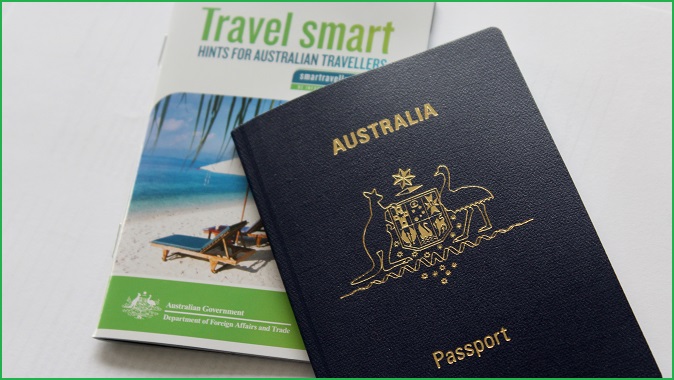The Department of Foreign Affairs and Trade (DFAT) has apologised after it accidentally revealed the email addresses of hundreds of Australians stranded overseas in an email bungle.
On Wednesday, the department sent a mass email with information about loans available to travellers who have not been able to return to Australia due to the coronavirus pandemic.
But instead of blind copying in all recipients, DFAT accidentally left each email visible for everyone on the mailing list.
DFAT then sent a follow-up email warning of the error.
“An email was sent in error at 11.15am today, in which email addresses in the distribution were visible to others,” the email said.
“As soon as [DFAT] became aware of the error, remedial action was taken. The message was immediately recalled.”
One stranded Australian who posted the email on social media said the department’s action to recall the email was not entirely effective.
“I can confirm that the original email is still in my inbox,” they said.
DFAT requested that recipients delete the email from their systems and “[refrain] from any further forwarding of the email, to protect the privacy of the individuals concerned.
DFAT also offered its assurances that it takes privacy and personal information handling “very seriously”.
“We have reviewed our internal processes and have taken measures to ensure such mistakes do not happen again.”
We apologise for unintentionally disclosing email addresses of stranded Australians we’re trying to help get home. No other personal information was disclosed. We want to get you home, and are working as hard as we can to do so.
— DFAT🇦🇺 (@dfat) September 30, 2020
Melissa Ford – an Australian citizen who is currently in London – told ABC News that she felt “incredibly uncomfortable” by the leaked emails.
“Everyone that had that email sent to them is already vulnerable and in a desperate situation,” she said.
“All it takes is for some idiot to get a hold of it and then take advantage of how vulnerable people are.
“Anything could happen, fake emails could be sent to people that desperately need the help. It's very disheartening. I don't want my email going out to complete strangers.”
The offending email contained details about two different interest-free loans being offered to Australians who have been stuck overseas: one emergency loan for living costs, and the other to help cover flights back.
Tens of thousands of Australian citizens remain stranded overseas due to government-imposed restrictions on the number of people who can arrive in the country.
In August, the national cabinet agreed to extend the cap on international arrivals which sits at just under 4,000 per week.
The restrictions are set to be in place until 24 October.










